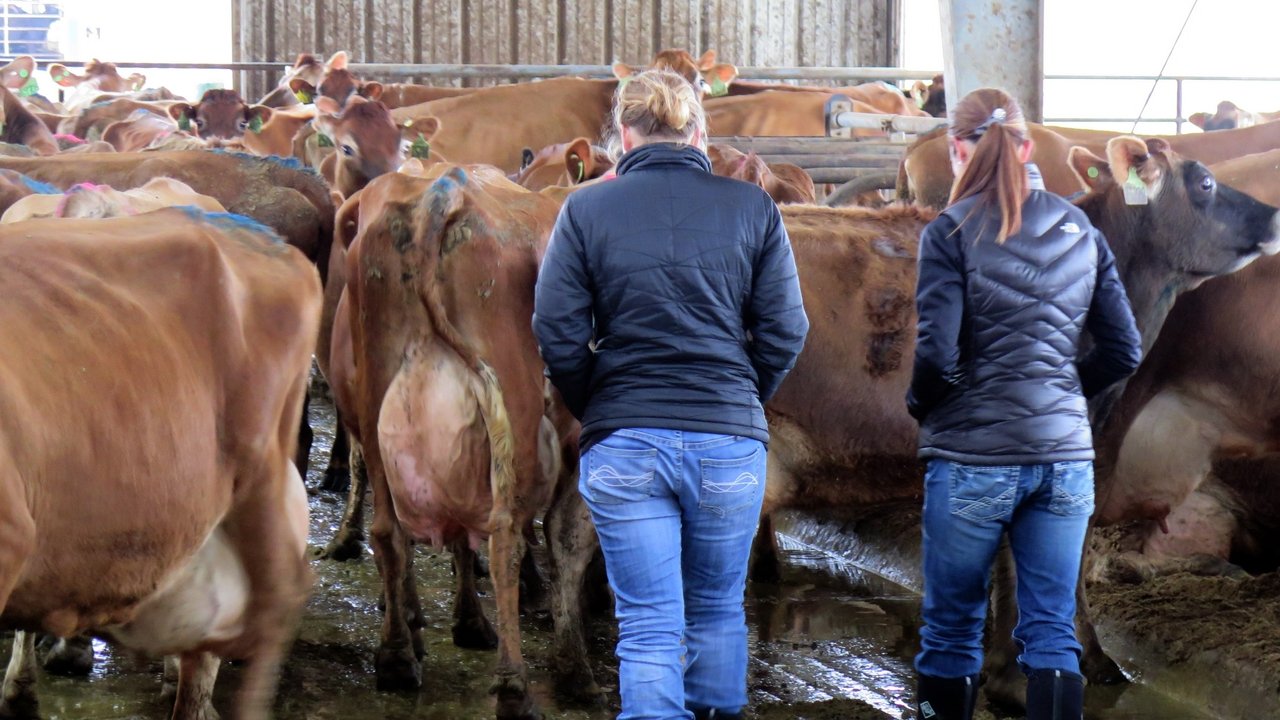
Milk Men (2016)
As the global economics of dairy farming has winnowed out most small and medium-sized dairies, the surviving farmers confront pressures to intensify production, even as they find that getting bigger presents new problems.

As the global economics of dairy farming has winnowed out most small and medium-sized dairies, the surviving farmers confront pressures to intensify production, even as they find that getting bigger presents new problems.
A documentary investigation of the world of French agriculture today through various testimonials. A world that manages to resist the upheavals that it faces – economic, scientific, social – and which continues, for better or for worse, to maintain the link between generations.
This documentary exposes the massive public health dangers of genetically modified organisms (GMOs). The film features the world's leading scientists, physicians, professors, politicians, attorneys, and environmental activists who reveal the frightening truth surrounding the vast use of GMOs in our food supply. You'll see the deception and deep layers of corruption being perpetuated against the public at large by the world's largest and most powerful biotechnology companies, chemical companies, agricultural companies, and governments.
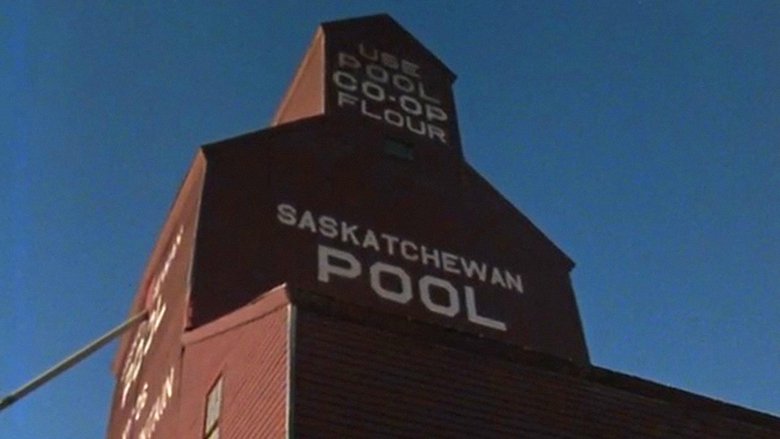
This documentary short is a visual portrait of “Prairie Sentinels,” the vertical grain elevators that once dotted the Canadian Prairies. Surveying an old diesel elevator’s day-to-day operations, this film is a simple, honest vignette on the distinctive wooden structures that would eventually become a symbol of the Prairie provinces.
Corral is a 1954 National Film Board of Canada documentary by Colin Low, partly shot in the Cochrane Ranch in what is now Cochrane, Alberta. In the film, a cowboy rounds up wild horses, lassoing one of the high-spirited animals in the corral, then going on a ride across the Rocky Mountain Foothills of Alberta.
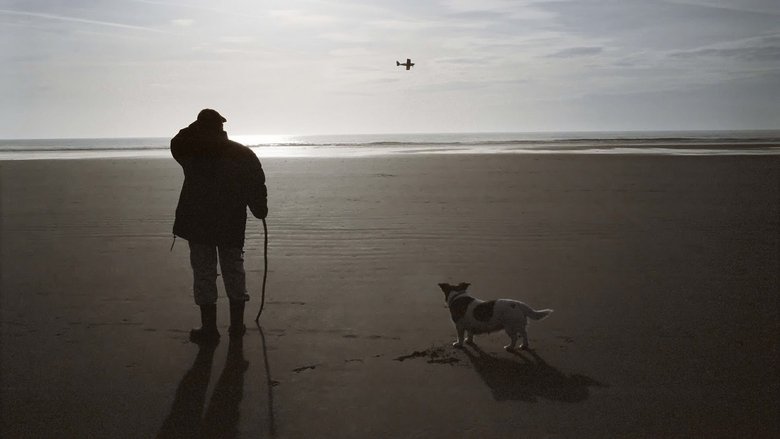
Set in a small farming community in mid Wales, a place where Koppel's parents - both refugees - found a home. This is a landscape and population that is changing rapidly as small scale agriculture is disappearing and the generation who inhabited a pre-mechanised world is dying out. Much influenced by his conversations with the writer Peter Handke, the film maker leads us on a poetic and profound journey into a world of endings and beginnings; a world of stuffed owls, sheep and fire.
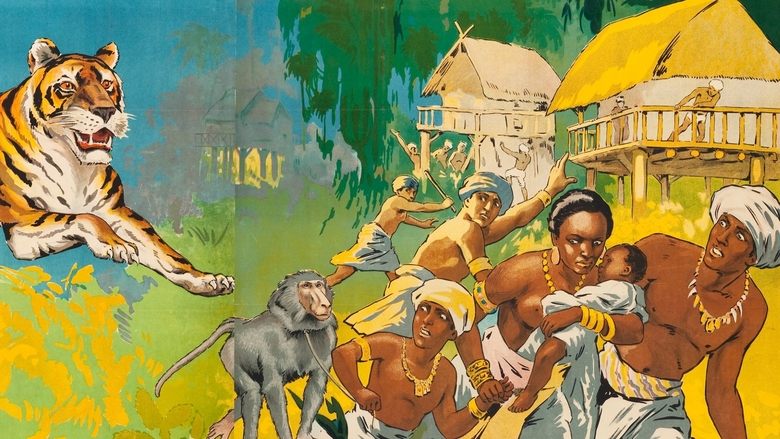
Elephants disrupt the lives of a family deep in the jungles of Northern Siam, and an entire village.
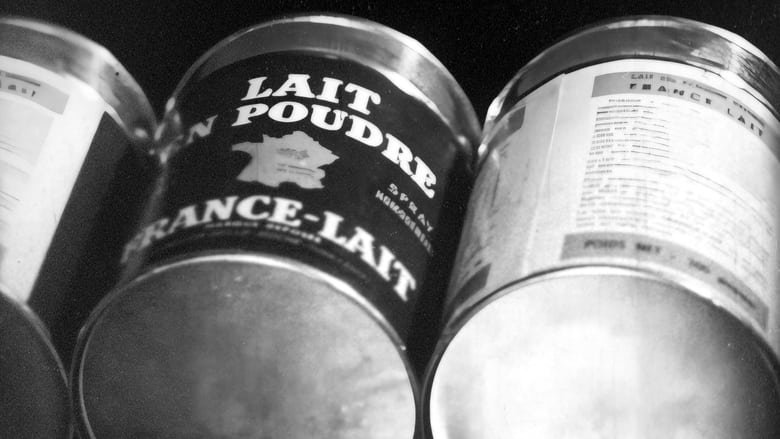
Documentary short subject preserved by the Academy Film Archive, from the Marshall Plan Collection, in 2003.
Since Monsanto began selling their patented 'Roundup Ready' genetically modified (GM) seeds they have sued hundreds of farmers for patent infringement. Michael White, a fourth generation farmer and seed cleaner living in the northeast corner of rural Alabama never imagined that he would become the target of the conglomerates aggressive legal tactics. But unlike other farmers in his area Michael refused to give in to Monsanto and in doing so became one of only a handful of farmers to maintain the ability to speak publicly about his case. This is his story.
Together, the three Bertrand brothers work their farm in a small Savoyard village. In 1972, they took the enormous risk to invest in the construction of an ultra modern stable for 82 milk cows. With modern organisation, they hoped to lead a better life. Almost 30 years later, the farm is successful. Their work is meticulous and the milk is graded top quality. The human cost is much more sombre. Indeed these thirty years can be summarised in one word : work. The brothers are bachelors and – each one now over sixty years old – a bitterness when they recall their past. The younger brother says it himself: "It's an economic success, but it's a human failure...".
Brothers Erik and Sigvard live by old traditions - they grow their own food and bake their own bread. The only time they leave their family farm is to buy tobacco and to see the king and queen visit Växjö, but they once biked to nearby Gislaved.
How safe is the future of the world’s food? This documentary explores a growing crisis in world agriculture. Plant breeding has created today’s crops, which are high yielding but vulnerable to disease and insects. To keep crops healthy, breeders tap all the genetic diversity of the world’s food plants. But that rich resource is quickly being wiped out. (NFB)
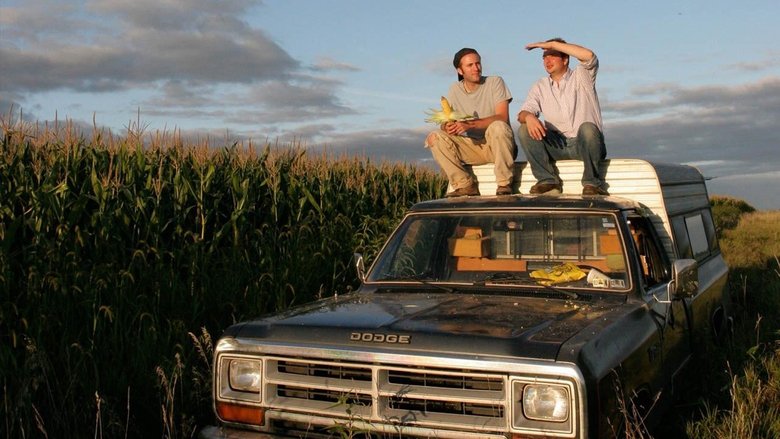
King Corn is a fun and crusading journey into the digestive tract of our fast food nation where one ultra-industrial, pesticide-laden, heavily-subsidized commodity dominates the food pyramid from top to bottom – corn. Fueled by curiosity and a dash of naiveté, two college buddies return to their ancestral home of Greene, Iowa to figure out how a modest kernel conquered America. With the help of some real farmers, oodles of fertilizer and government aide, and some genetically modified seeds, the friends manage to grow one acre of corn. Along the way, they unlock the hilarious absurdities and scary but hidden truths about America’s modern food system in this engrossing and eye-opening documentary.
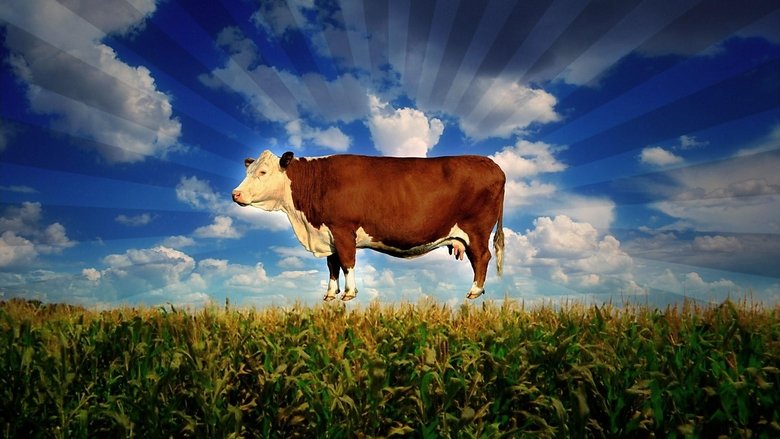
Documentary filmmaker Robert Kenner examines how mammoth corporations have taken over all aspects of the food chain in the United States, from the farms where our food is grown to the chain restaurants and supermarkets where it's sold. Narrated by author and activist Eric Schlosser, the film features interviews with average Americans about their dietary habits, commentary from food experts like Michael Pollan and unsettling footage shot inside large-scale animal processing plants.
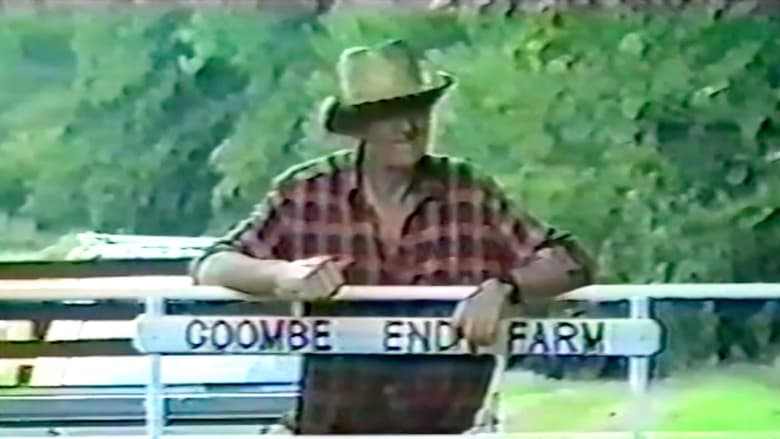
A strange story from Somerset, England about a filmmaking farmer and the inspiring legacy of his long-lost home movies.
Permaculture expert Geoff Lawton describes how he and a team of volunteers grew an oasis in arid, salty lowland, despite extremely high temperatures and minimal irrigation. The site is the lowest dryland expanse on Earth: a plain in Jordan, two kilometres northeast of the Dead Sea, and 400 metres below sea level.